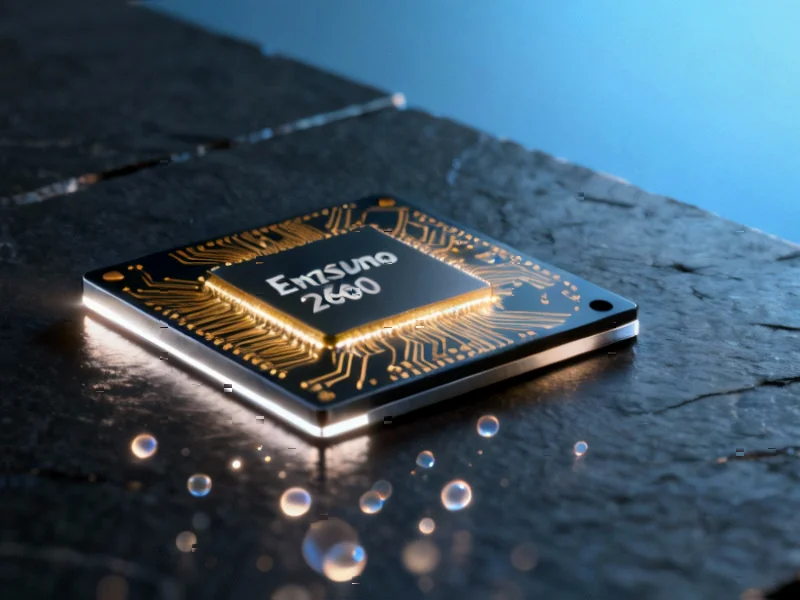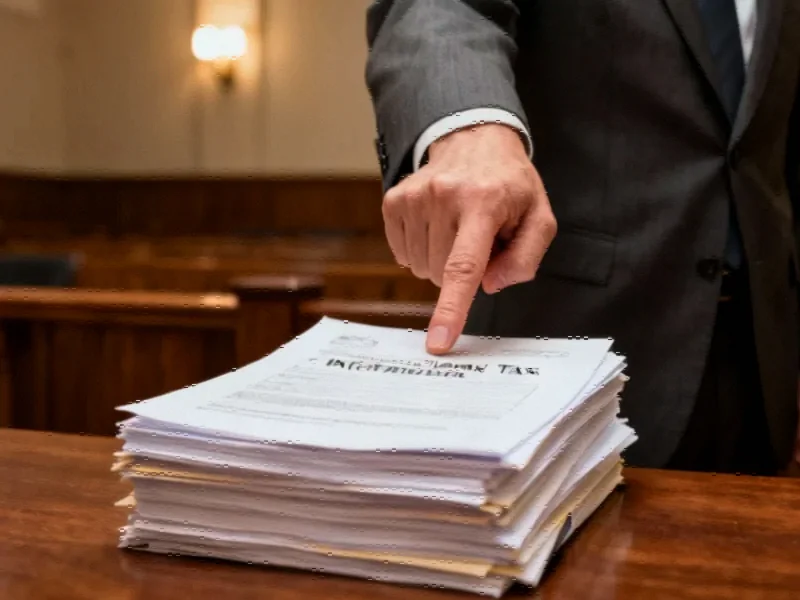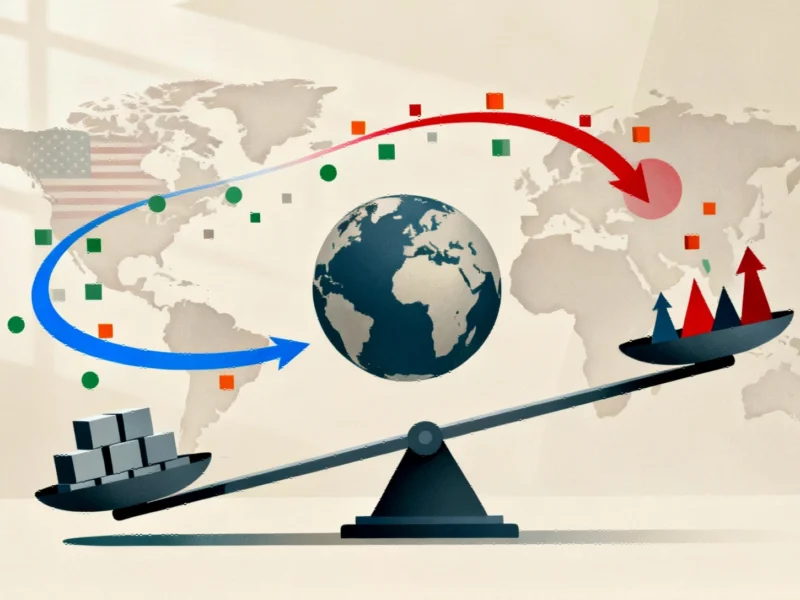The Trump Administration’s U.S.-Japan trade framework imposes 15% tariffs on most Japanese imports while securing $550 billion in U.S. investments. Small businesses face margin pressures in electronics and auto parts but gain agricultural export opportunities. Analysts suggest strategic adaptation is crucial for navigating the new trade landscape.
New Tariff Framework Reshapes U.S.-Japan Trade Relations
Small businesses across the United States are navigating a transformed tariff landscape following the July 2025 announcement of the U.S.-Japan trade framework, according to reports. The agreement, implemented via executive order on September 4, 2025, establishes a 15% baseline tariff on most Japanese imports while securing Japan’s commitment to $550 billion in U.S. investments and $8 billion in annual purchases of American agricultural products. Sources indicate this represents a pragmatic recalibration of bilateral trade flows affecting the $231.8 billion goods trade relationship recorded in 2024.





